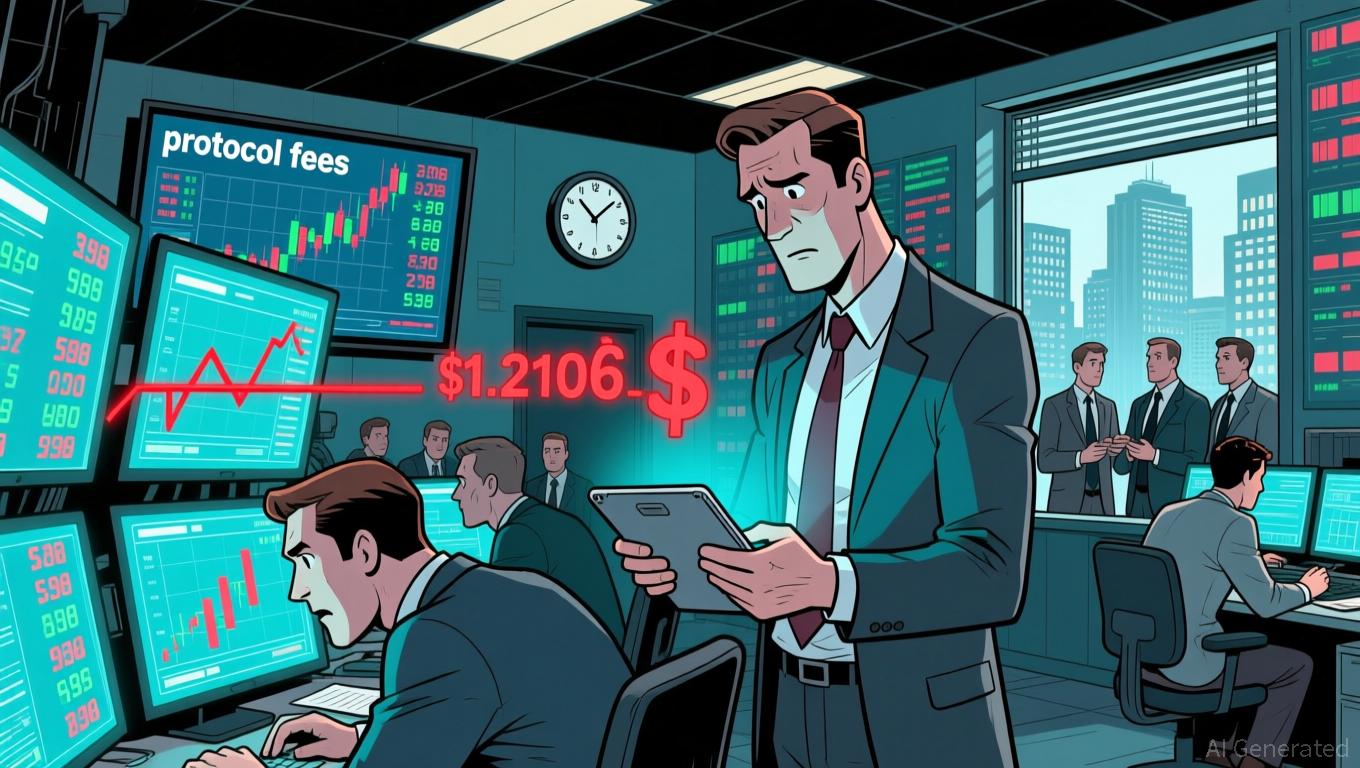"Digital Privacy Advocate's Rights Reinstated, Underscoring Worldwide Disputes Over Technology Regulation"
- Telegram founder Pavel Durov regains full travel freedom after French judicial restrictions were lifted, following a year of compliance with supervision terms. - French prosecutors continue investigating Telegram for alleged complicity in criminal activity, including child abuse material, with potential 10-year prison charges. - Durov denies allegations, criticizes French procedures as "dystopian," and challenges legal classifications while seeking EU court rulings on digital governance issues. - The cas
Telegram’s creator, Pavel Durov, is now free to travel without restrictions after French authorities removed the judicial controls that had been in place since his arrest last year,
This removal of travel restrictions comes after a series of gradual relaxations since June, when Durov was first permitted to travel on a limited basis to the United Arab Emirates, Telegram’s headquarters.

Durov has firmly rejected the accusations,
The removal of the travel ban coincides with larger discussions about digital regulation, especially as Telegram comes under increased examination from European authorities. Durov has openly opposed proposed EU regulations such as the Chat Control plan, which he has labeled “dystopian.” He has also recently criticized French President Emmanuel Macron, accusing him of eroding protections for free speech and privacy.
Although the investigation into Telegram is still active, French prosecutors have not provided updates on future actions, but
This case highlights the increasing difficulties governments encounter when trying to regulate international technology companies. Telegram, which serves more than 900 million users, has long promoted itself as a defender of encryption and free speech, even as it faces growing demands to curb abuse on its platform. During initial interrogations, Durov promised to improve content monitoring, though
As the legal process continues, the situation illustrates the difficult balance tech leaders must strike between accountability and innovation. For now, Durov’s restored travel freedom represents a temporary pause in a case that continues to influence debates on digital governance and rights.
Disclaimer: The content of this article solely reflects the author's opinion and does not represent the platform in any capacity. This article is not intended to serve as a reference for making investment decisions.
You may also like
DASH surges 30.39% over the past week amid strategic growth moves and positive analyst revisions
- DoorDash's DASH stock fell 10.59% in 24 hours but surged 30.39% in 7 days, driven by a strategic Old Navy partnership expanding retail delivery services. - Acquisitions of Deliveroo and autonomous delivery partnerships with Coco Robotics, plus $10.72B revenue and 49.2% gross margin, strengthened market leadership. - Analysts raised price targets to $260 with "Outperform" ratings, citing growth potential despite a high 98.1 P/E ratio reflecting market optimism. - Technical analysis shows bullish reversal
Aster News Today: Optimism Faces Prudence: ASTER Approaches $1.21 Following RSI CEO's 16% Stake Sale
- Aster (ASTER) rose 8% toward $1.21 as Binance-backed DEX hit $3T in cumulative trading volume. - RSI CEO sold 16% stake ($11M+), raising doubts despite Q2 revenue growth (19.7%) and EPS beat. - ASTER faces mixed signals: bullish triangle pattern vs. declining fees, 50% open interest drop, and stagnant adoption. - Analysts remain divided: RSI's 22% YTD gain contrasts with ASTER's uncertain breakout potential amid waning trader enthusiasm.

The ChainOpera AI Token Crash: An Urgent Warning for Cryptocurrency Projects Powered by AI
- ChainOpera AI's COAI token collapsed 96% in late 2025, exposing systemic risks in AI-driven DeFi ecosystems. - Centralized governance (10 wallets controlled 87.9% supply) and misaligned incentives exacerbated panic selling during crises. - Technical flaws included untested AI models with 270% increased vulnerabilities and inadequate smart contract security audits. - Regulatory shifts like the GENIUS Act compounded liquidity challenges, highlighting the need for compliance-ready AI crypto projects. - Inve

How large a portion of the AI data center surge will rely on renewable energy sources?